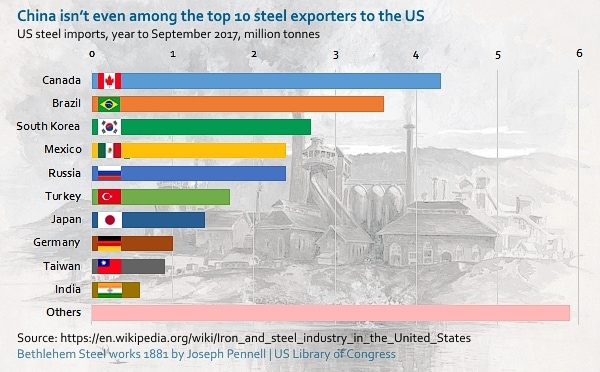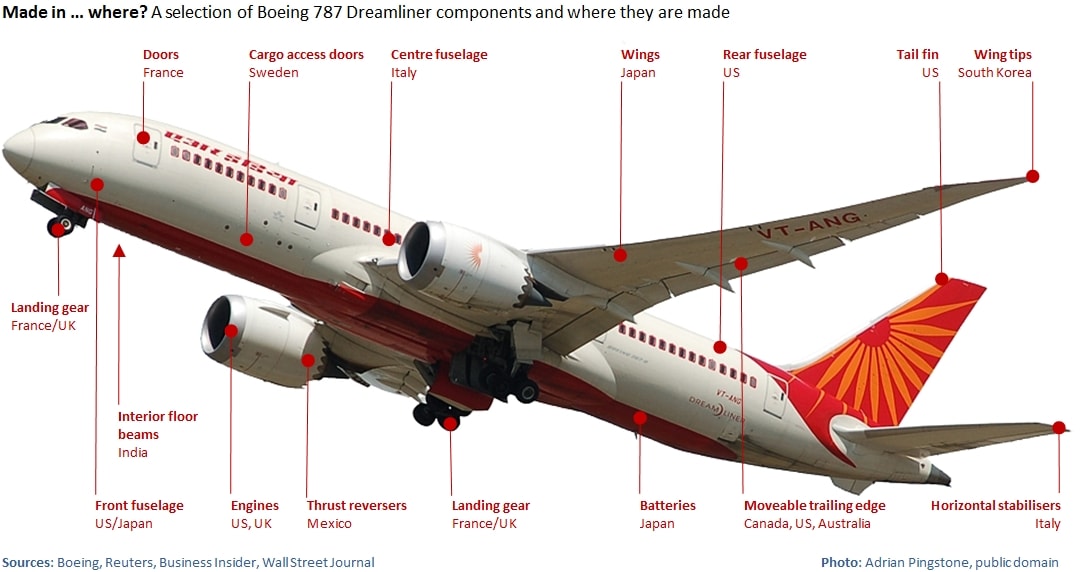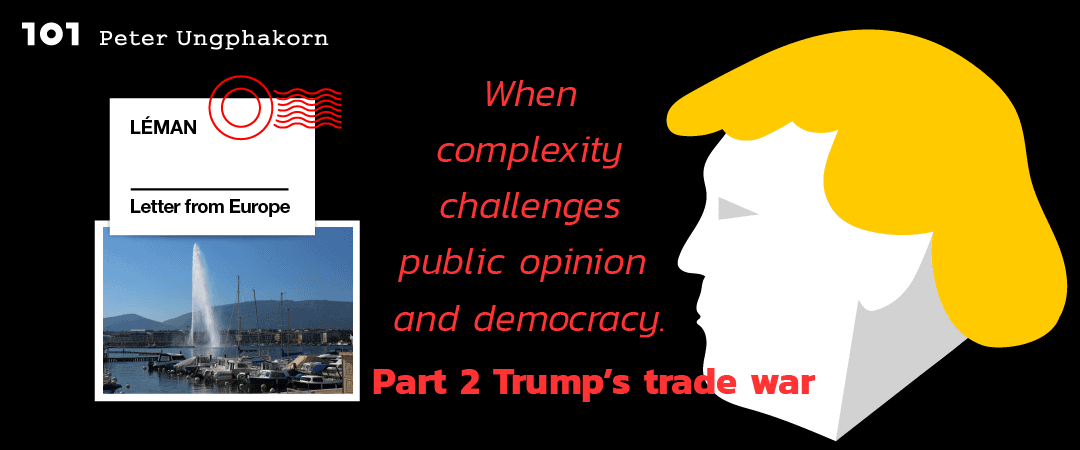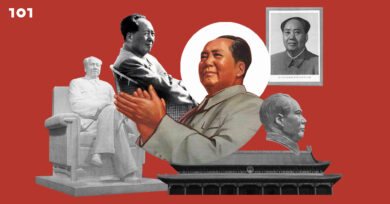Peter Ungphakorn

President Donald Trump is fixated with trade deficits and has used the US’s to threaten a trade war. As a result, American trade policy is causing alarm around the world.
Among the many concerns raised by the present policy is the way Trump himself ignores knowledge.
Key members of his team are using their expertise, often pretty sophisticated, to fine-tune their actions to meet Trump’s objectives while being able to claim the US is acting within international trade rules.
For Trump, it’s much cruder. It’s all about the deficit and great American power. It’s a high-risk approach that could backfire.
This is the second of a three-part series on the challenge of complexity in public policy-making. The first looked at patents and access to medicines. The next looks at Brexit. This one is about Trump and trade.
It began in relatively narrow areas: the US withdrawal from what was the TPP and is now the Comprehensive and Progressive Agreement for Trans-Pacific Partnership (CPTPP), signed by the remaining 10 countries; and the push to renegotiate two agreements, the North American Free Trade Agreement (NAFTA) with Canada and Mexico, and the US-S.Korea agreement (KORUS).
They are big issues for the countries involved. The rest of the world watched with concern but were not immediately affected.
Then on March 8, came the announcement that the US would impose tariffs (import duties) of 25% on steel and 10% on aluminium. The purpose was to protect American jobs in an industry that commands nostalgia but has been in decline for decades.
For steel, the US’s biggest complaint was about the cheap Chinese product, which has contributed to a global surplus and depressed world prices. But since China exports only a small amount of steel to the US, other countries would be hit harder, and by raising its trade barriers, the US would be depressing world prices even further.
Supplying countries reacted with alarm. The EU and China prepared hit-lists of their own, with tariffs proposed on carefully selected US exports. At the same time, the EU and some others also sought consultations with the US to be exempt from the tariffs — South Korea did so by agreeing to limit its steel exports to the US.
The United States hasn’t had a Trade Surplus with China in 40 years. They must end unfair trade, take down barriers and charge only Reciprocal Tariffs. The U.S. is losing $500 Billion a year, and has been losing Billions of Dollars for decades. Cannot continue!
— Donald J. Trump (@realDonaldTrump) April 7, 2018





